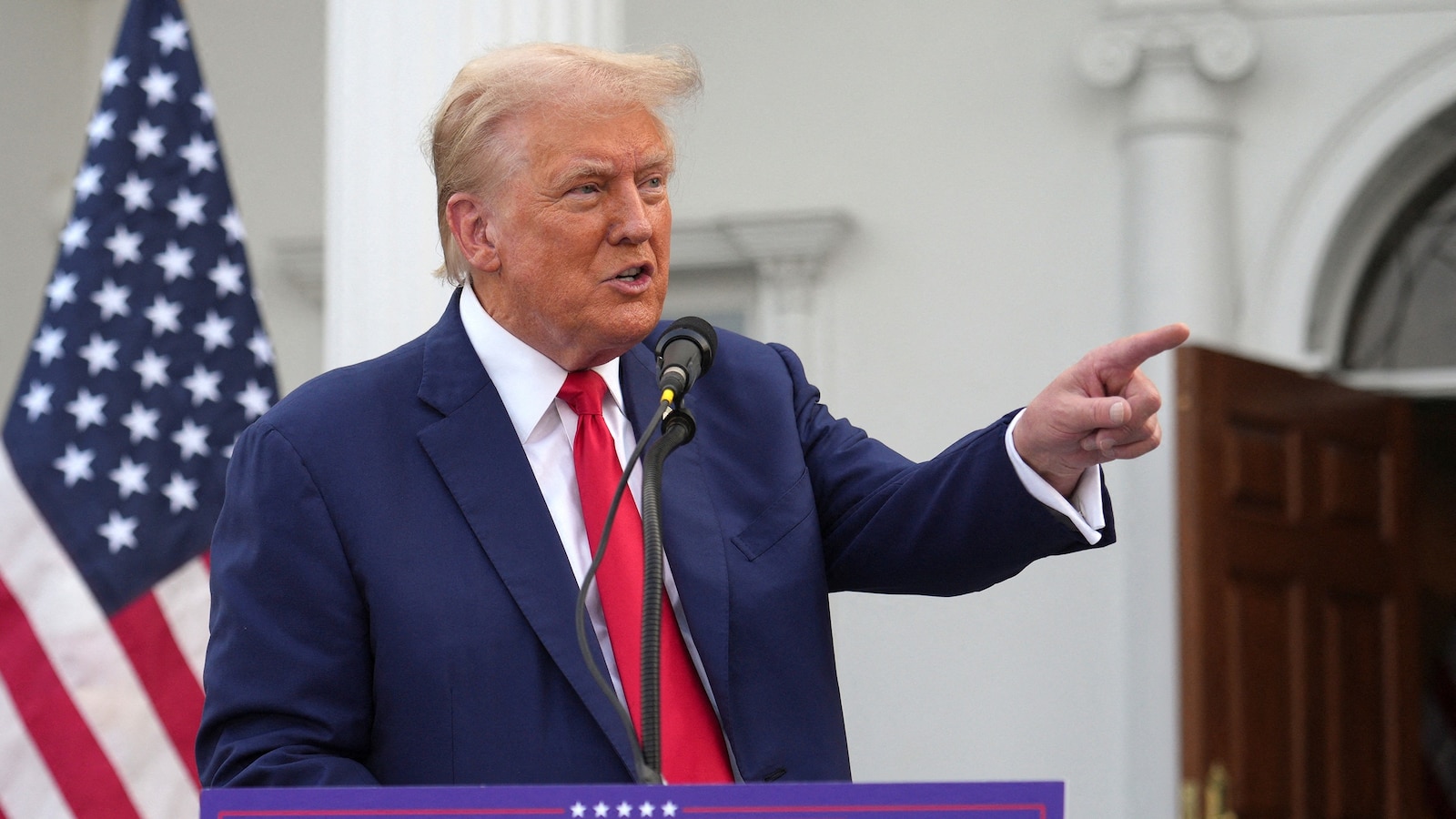Trump’s Meltdown and the Complexities of Identity
Former President Donald Trump’s recent comments on Vice President Kamala Harris’ racial identity have sparked a necessary conversation about the complexities of race and identity in our society.
The Problem with Essentialism
At the heart of Trump’s comments lies a profound misunderstanding of race: the belief that it is a fixed, essential category. This essentialist view sees race as an inherent characteristic that determines one’s thoughts, feelings, and actions.
Research has repeatedly shown that race is a social construction—a category that we define and redefine based on our cultural and historical experiences. It is not a static quality but rather a fluid concept that depends on time, place, and context.
Trump’s assertion that Harris cannot be both Indian and Black is not only factually inaccurate but also reflects his essentialist mindset. He believes that she must fit neatly into one racial category, ignoring the complex reality of multiracial identities.
The Evolution of Racial Measurement
Even the basic ways we measure race in America have evolved over time. In the 1850 census, multiracial individuals were excluded from political rights as “Mulattoes.” Only in 2000 were Americans able to identify with more than one racial group.
Today, multiracial Americans are the fastest-growing racial group in the US, with a 276% increase between 2010 and 2020. This growing diversity challenges the idea that race is a simple binary.
Harris’s Multiracial Identity
Vice President Harris has consistently identified as both Indian and Black. She attended Howard University, a historically Black college, and has spoken about her experiences as a Black woman in America.
Trump’s assertion that Harris suddenly became Black is a blatant distortion of her lived experience. Her identity is not a matter of political opportunism but a reflection of her complex heritage.
The Dangers of Essentialism
Trump’s essentialist view of race has dangerous consequences. It leads him to believe that he can know a person’s thoughts and actions based solely on their race.
This type of thinking has fueled stereotypes, discrimination, and violence throughout history. It allows people to dismiss the experiences of others and justify their own prejudices.
The Importance of Flexibility
In today’s increasingly diverse society, it is essential to move beyond essentialist views of race. We need to recognize the fluidity and complexity of identity.
People can claim multiple identities without being disingenuous. Our identities are not limited to the labels we are given or the experiences we share with others.
It is time for us to embrace a more nuanced and inclusive understanding of race and identity, where individuals can define themselves in their own terms.
While it may be too late for Trump to fully grasp the complexities of identity, his comments should serve as a wake-up call for us all. We must challenge essentialist thinking and promote a more flexible, equitable, and inclusive society for everyone.



